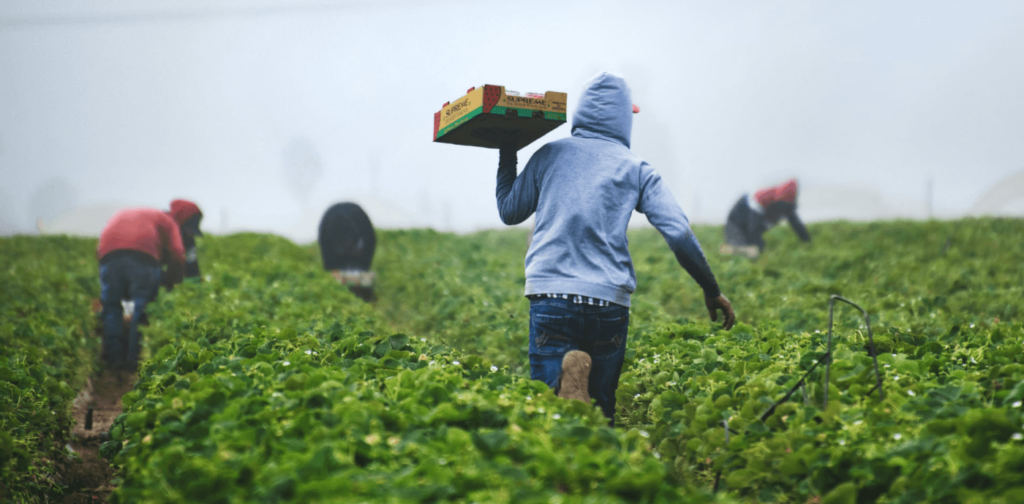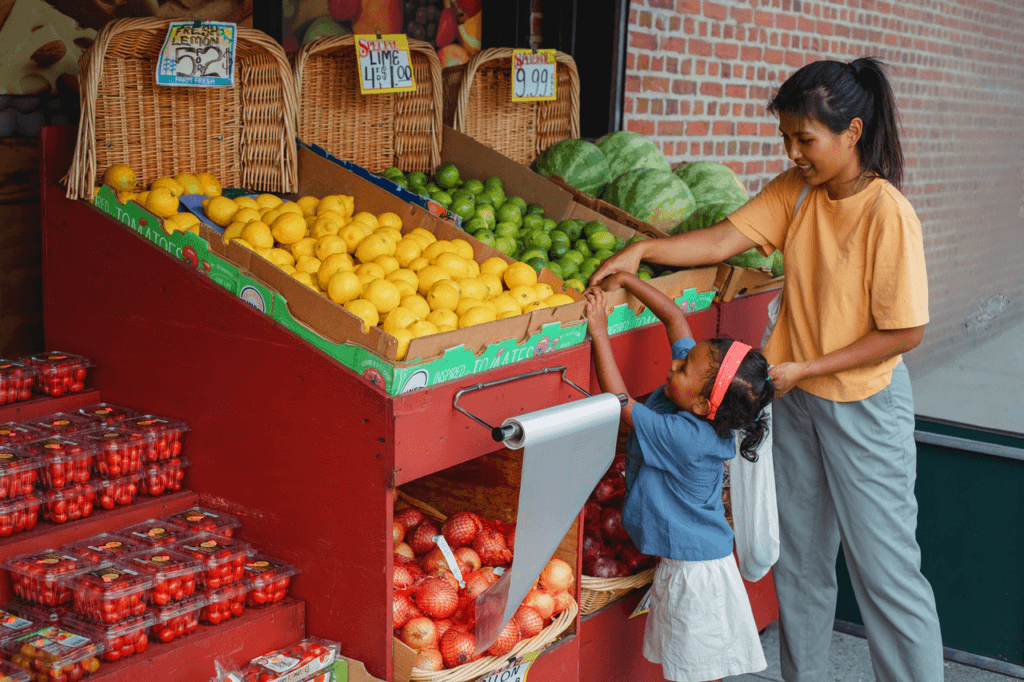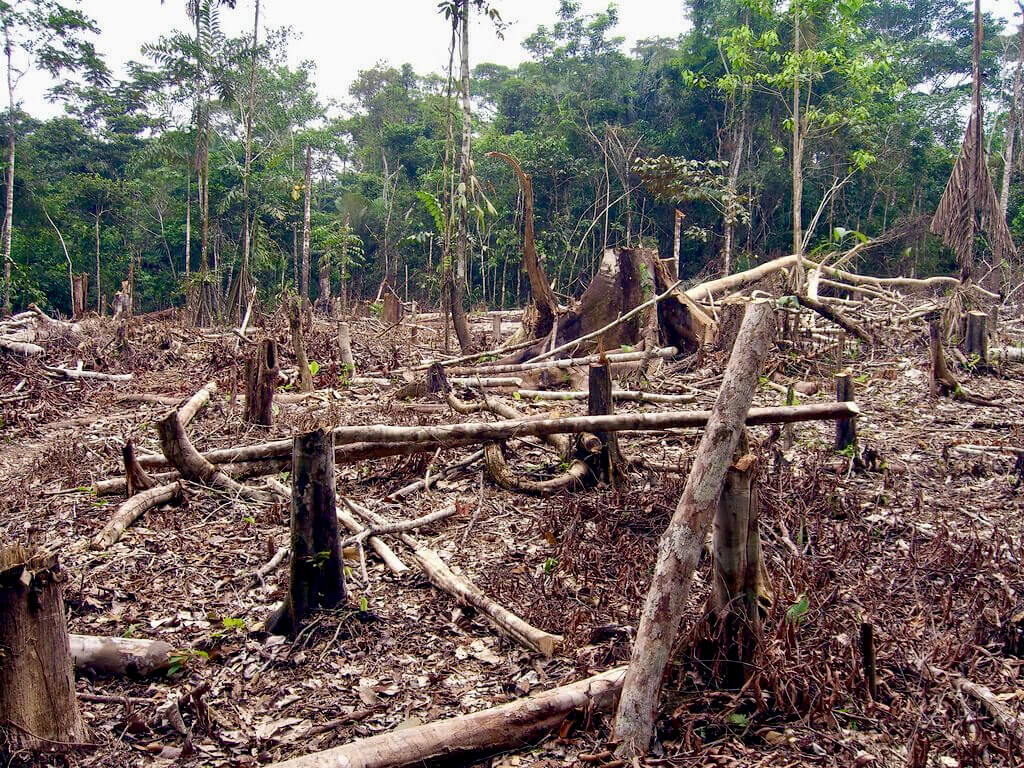PETA Wants Meat, Egg, Dairy Subsidies Redirected Toward Food Deserts
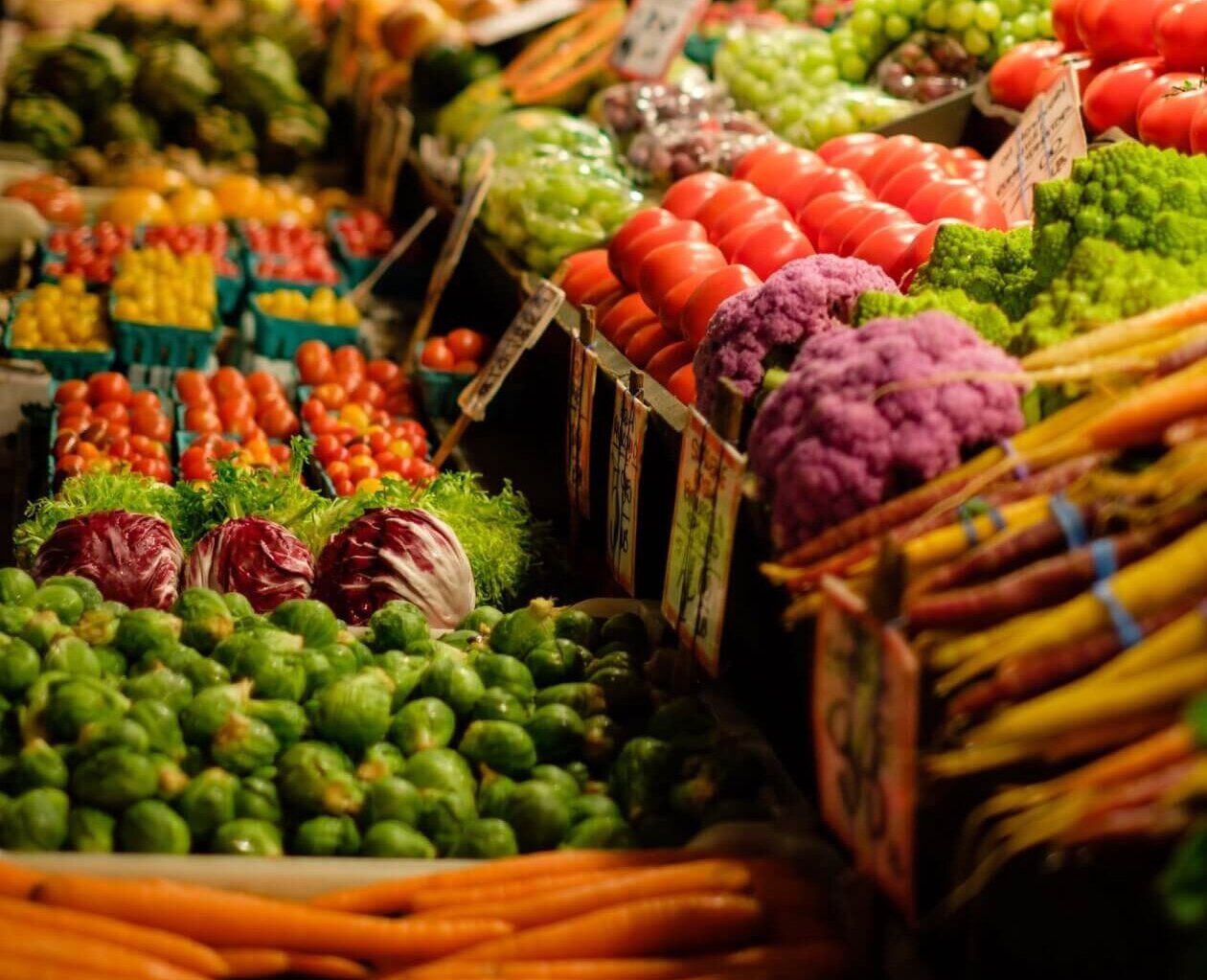
For some, getting to a store with fresh fruit and vegetables is an all-day mission, especially in areas known as “food deserts,” where the closest place to buy food is a convenience store that sells unhealthy snacks. Food deserts are disproportionately located in communities of color and low-income neighborhoods. People in these neighborhoods are often forced to eat processed meats, snacks, and other unhealthy foods that are more readily available.
Research shows that those who regularly consume fatty, cholesterol-laden foods (cholesterol is only found in animal-derived foods) are more likely to suffer from heart disease, diabetes, and cancer, conditions that are more prevalent among those living in food deserts. PETA has a solution—please continue reading and take action.

What Are Meat, Egg, and Dairy Subsidies?
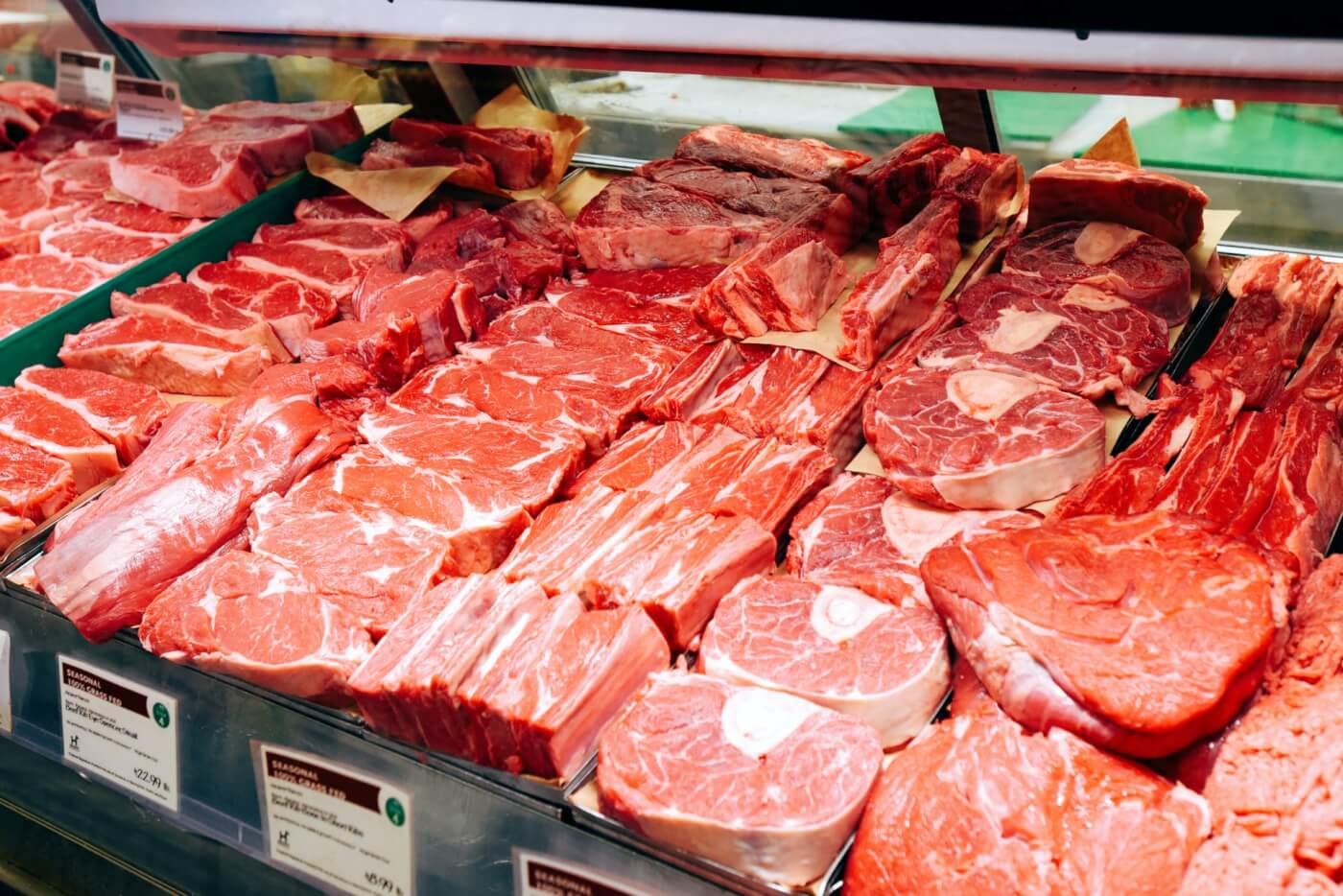
The U.S. government spends about $38 billion in taxpayer money each year to subsidize the meat, egg, and dairy industries. However, the latest update on the Environmental Working Group’s Farm Subsidy Database reveals that the U.S. Department of Agriculture has become significantly less transparent at the behest of the meat industry. Government spending on industries that slaughter animals for food has likely increased behind closed doors. One private analysis of lobbying, subsidies, and regulations showed that livestock farmers in the U.S. received 800 times more public funding than makers of plant-based meats, even though the federal government’s own dietary guidelines encourage people to eat fewer animal-derived products.
Our tax dollars are being used to keep the meat, egg, and dairy industries afloat, yet these subsidies do little to benefit local farmers and economies. Between 1995 and 2021, federal farm subsidies totaled $478 billion, but the top 10% of farmers who received the largest payments were granted over 78% of commodity program subsidies and the top 1% received 27% of all payments. Meanwhile, the bottom 80% of recipients received only about 9% of total subsidies.

Why Redirect Subsidies for the Meat, Egg, and Dairy Industries?
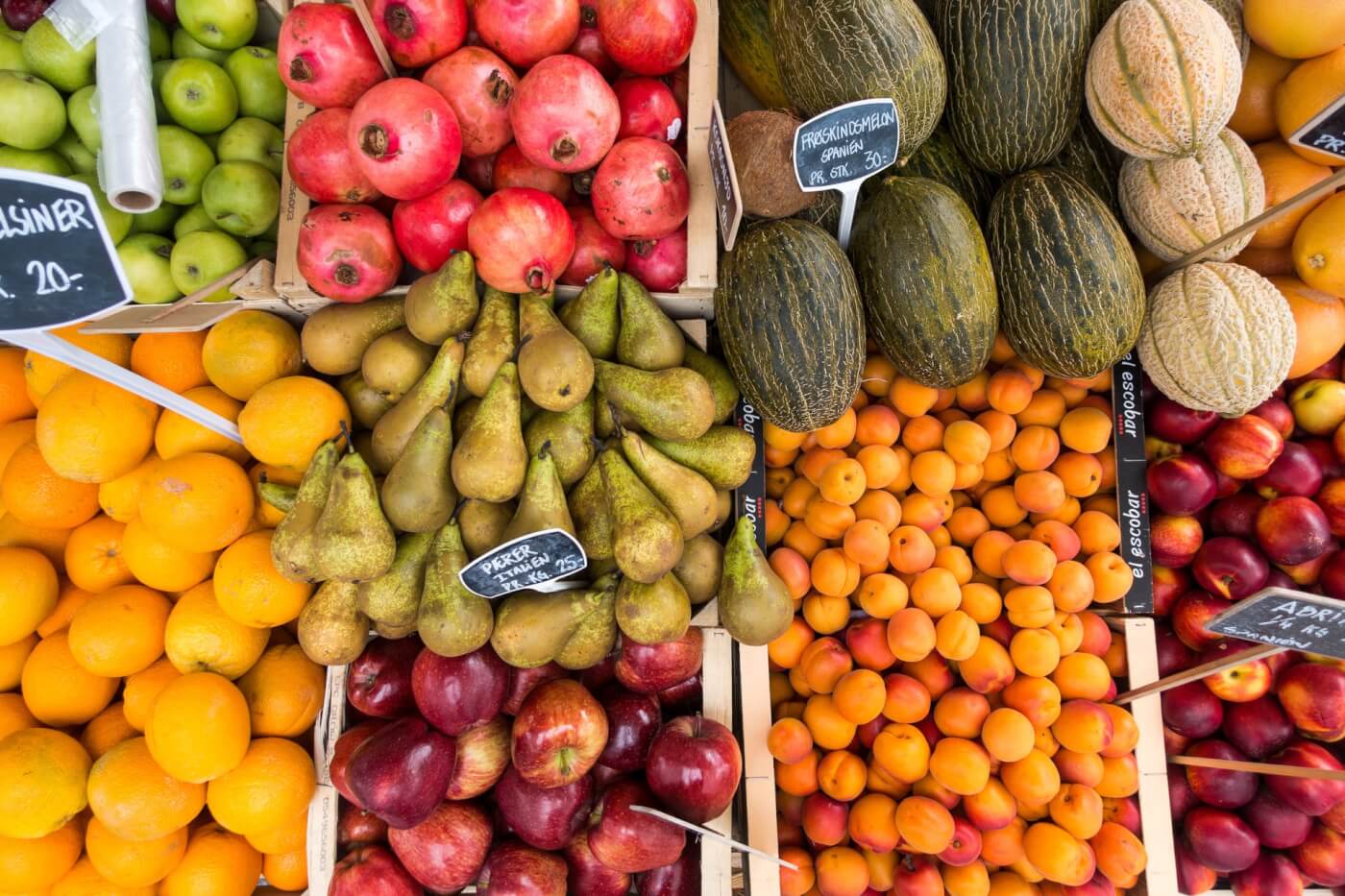
Rather than throwing billions of dollars at the meat, egg, and dairy industries, PETA wants the government to end these subsidies and give incentives to grocers in food deserts to stock healthy vegan foods. Without a financial incentive, there’s no motivation for stores to help or change.
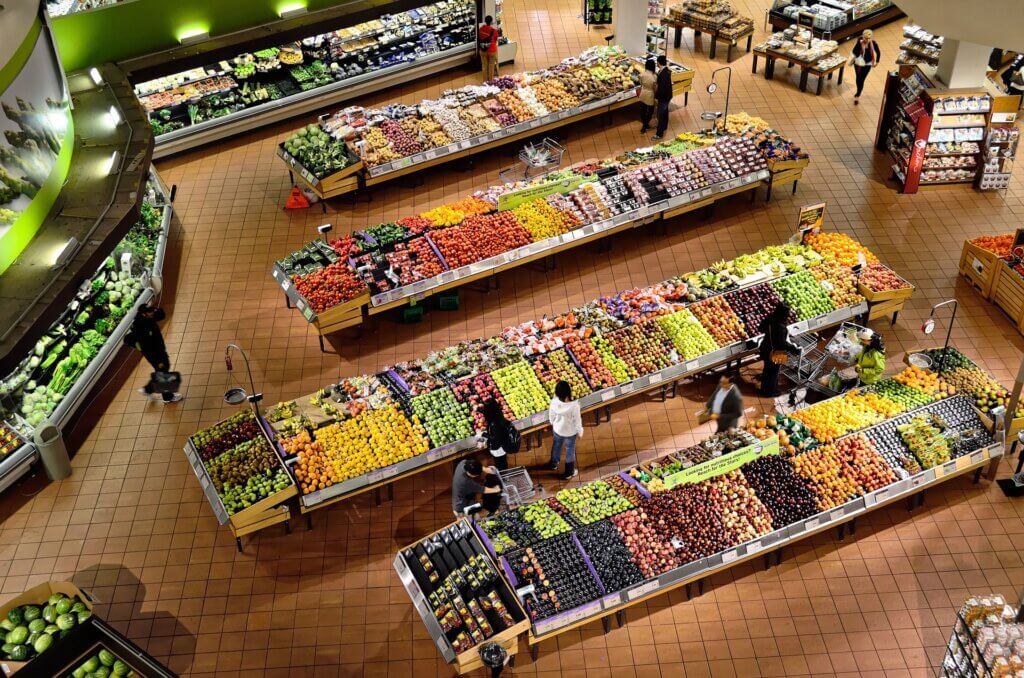

How Would Redirecting Meat, Egg, and Dairy Subsidies Help?

The money that’s given to wealthy meat, egg, and dairy companies could be better spent on initiatives that work to bring healthy foods and opportunities to food deserts. Healthy Retail SF, for example, is a program that designs and implements plans for convenience stores in marginalized communities in San Francisco to move away from selling unhealthy options and toward offering fresh produce. The Garden School Foundation seeks to improve food justice by teaching youth in Los Angeles about the benefits of gardening and nutritious eating. Other programs around the country offer financing to encourage the development of grocery stores in underserved communities.

How Meat, Eggs, and Dairy Are Hurting Our Health

The Academy of Nutrition and Dietetics states that vegans enjoy a lower risk of dying from ischemic heart disease, lower rates of type 2 diabetes and cancer, and lower blood cholesterol, blood pressure, and body mass indexes. Vegans also tend to have stronger immune systems, making them less susceptible to everyday illnesses, such as the flu.
Animal agriculture wreaks havoc on public health, too, because pollution from factory farms causes problems in humans, including brain damage, depression, miscarriages, and birth defects. The industry is also responsible for antibiotic-resistant bacterial infections and severe respiratory problems.
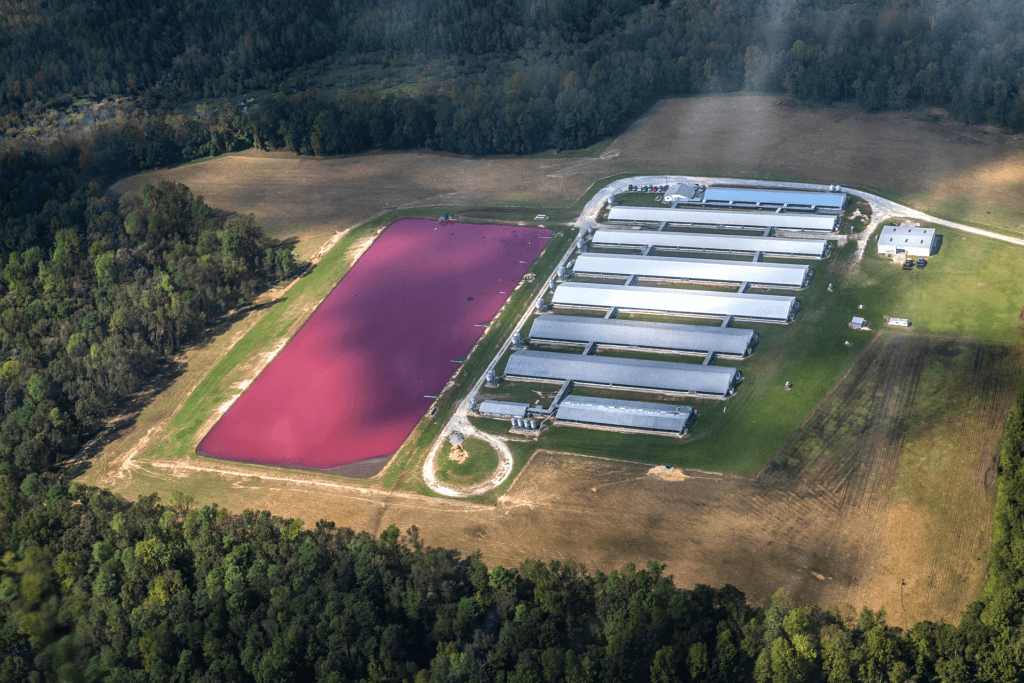 © Jo-Anne McArthur / We Animals Media
© Jo-Anne McArthur / We Animals Media
Who Would Benefit if the Government Redirected Meat, Egg, and Dairy Subsidies?
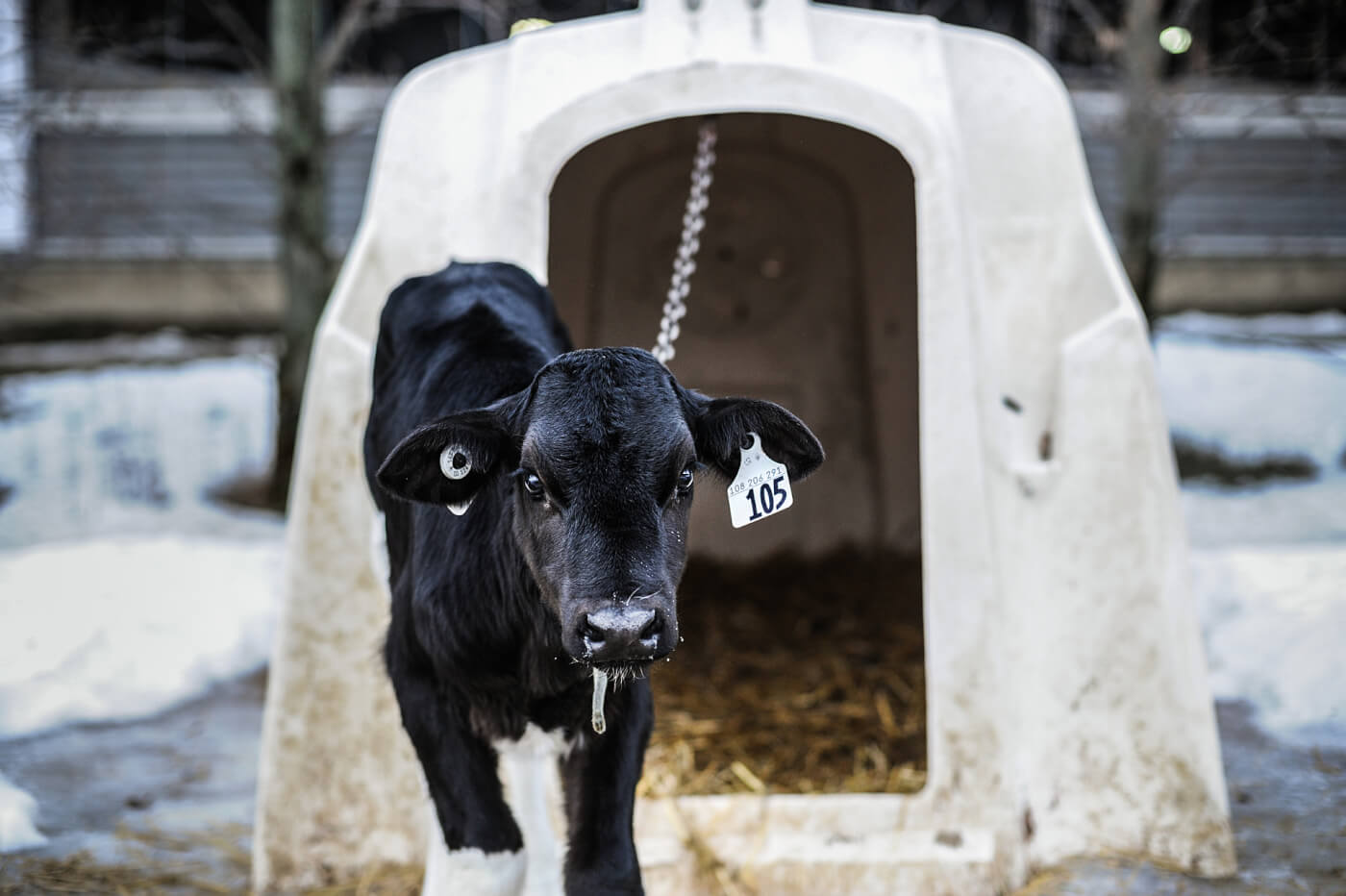
In addition to residents in food deserts, animals used for food would benefit if the government stopped subsidizing the meat, egg, and dairy industries. It would help spare cows, pigs, chickens and other farmed animals the violence and abuse that are rampant in these industries. Farmed animals are typically crammed into filthy sheds and small cages and are routinely mutilated. At the slaughterhouse, they’re slit across the throat, often while they’re still conscious.
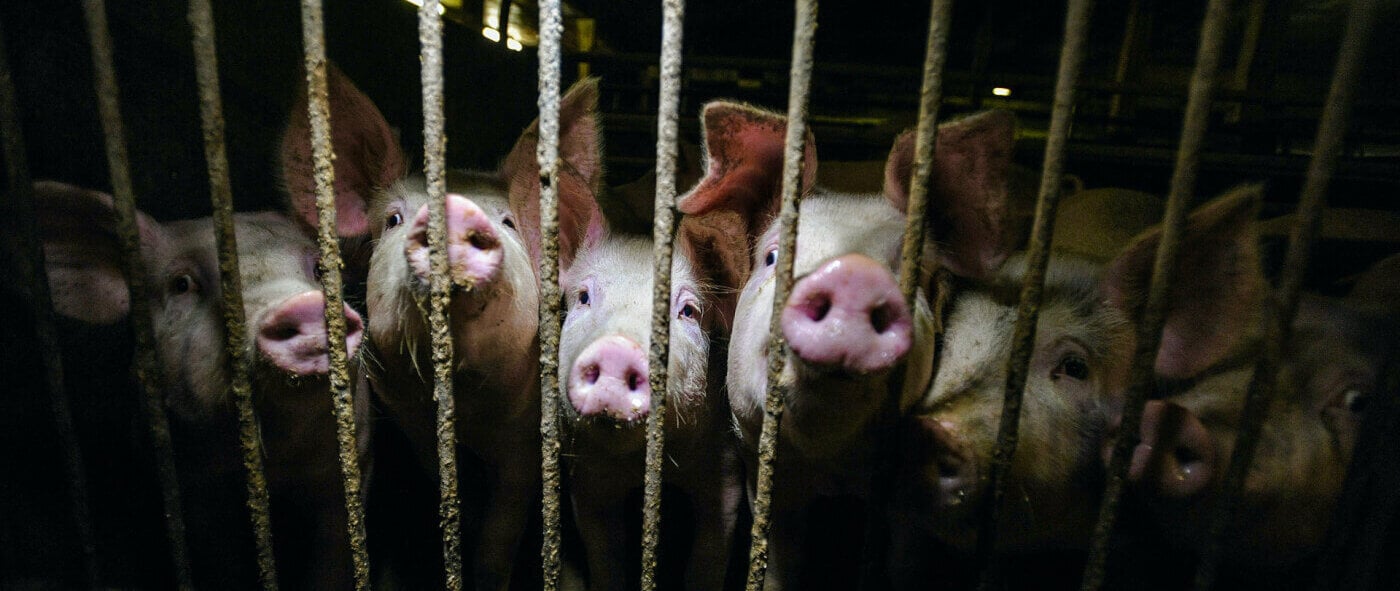
Redirecting subsidies for meat, eggs, and dairy would help the planet, too. Scientists and world leaders agree that climate change is the biggest challenge that humanity faces, and animal agriculture is one of the world’s leading causes of it. According to the Food and Agriculture Organization of the United Nations, it’s “one of the top two or three most significant contributors to the most serious environmental problems, at every scale from local to global,” including land degradation, air pollution, water pollution, and loss of biodiversity. If people in food deserts had access to healthy vegan foods, it would surely result in a dramatic decrease in meat consumption and, therefore, a decline in meat production. Mitigating the effects of the climate crisis is necessary for our survival and that of other animals.


